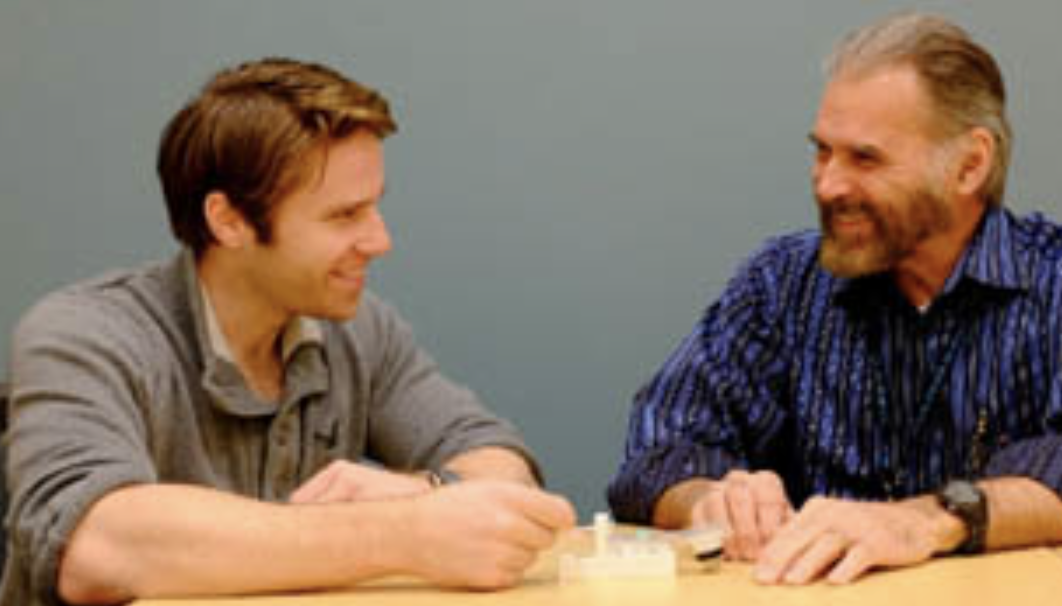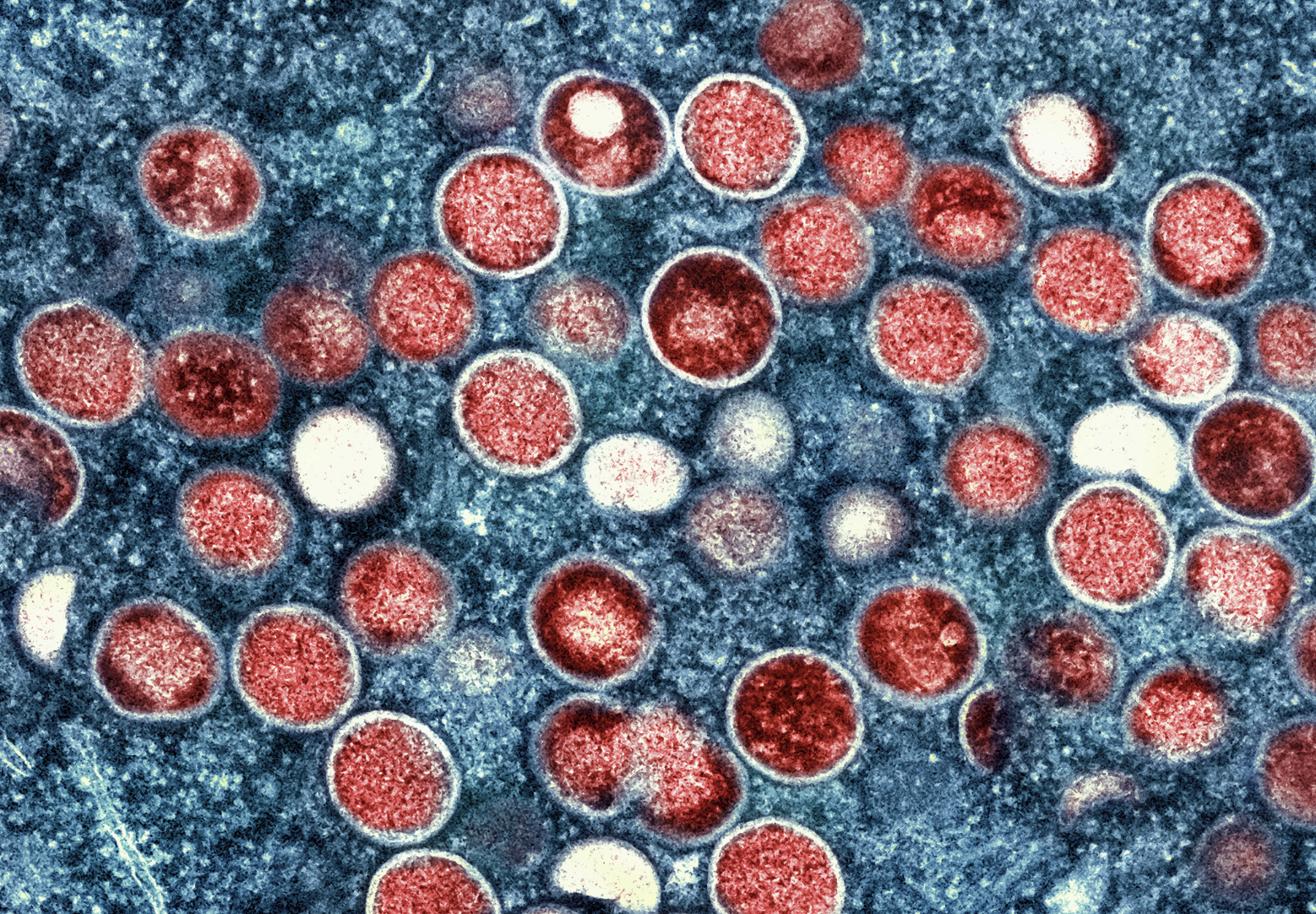McMaster Team Wins First Synapse Life Science Competition

A McMaster University spin-off company has won a new competition for life science businesses. Advanced Theranostics Inc. took first place in the inaugural Synapse Life Science Competition this week.
The winning presentation was about a solution to the need for faster, more sensitive lab diagnostics for infectious diseases through a DNA swab, a hand-held device and a mobile app.
“The technology is easy, just three simple steps,” said Chris Stone, senior scientist at Advanced Theranostics and former graduate student of James Mahony, professor of pathology and molecular medicine at McMaster University. They incorporated the company in February 2013.
The four-month competition teamed up life science innovators with post-graduate students from the DeGroote School of Business and the Walter G. Booth School of Engineering Practice. Together each team produced both business and commercialization plans for their innovations.
“Our rapid point-of-care device will provide a specimen-to-result diagnosis of infections in 20 minutes and will detect infections such as influenza, C. difficile or Chlamydia,” said Mahony, who is also a member of the Michael G. DeGroote Institute for Infectious Disease Research and assistant dean of the Medical Sciences Graduate Program.
“The universal test device will be the size of a cell phone, requires no equipment or expertise to use, and can be used in many clinical settings including hospital emergency departments, doctors’ offices or at home.”
The competition began in December with 13 teams and was narrowed to three teams who presented their innovations to a panel of industry experts. The judges included executives from GlaxoSmithKline, AmgenCanada, MitsuiCanada, Trellis Capital and Johnson & Johnson.
The competition was presented by Hamilton’s Innovation Factory, the DeGroote School of Business, the Walter G. Booth School of Engineering Practice, McMaster University and Mohawk College.
As the grand prize winner, Advanced Theranostics Inc. took home $15,000 along with in-kind legal and consulting services.
Another McMaster-based development, Pain-QuILT placed third in the competition. The team, including professor emeritus James Henry and graduate student Chitra Lalloo, has developed an online tool allowing people with chronic pain to track and communication their pain in a simple, visual format.
NewsRelated News
News Listing

McMaster Health Sciences ➚
IIDR member and founding director Gerry Wright among McMaster professors named to Canadian Academy of Health Sciences
News
September 10, 2024

McMaster Health Sciences ➚
IIDR’s Matthew Miller and Hendrik Poinar among Health Sciences faculty recognized by Royal Society of Canada
News
September 3, 2024

August 22, 2024

